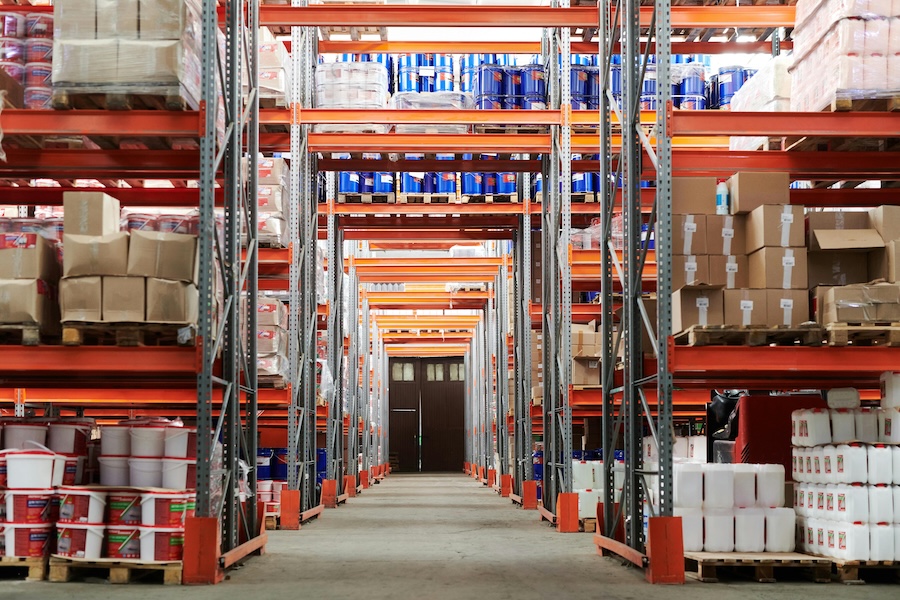Finding trustworthy partners for China Sourcing has always been a challenge for global businesses. From counterfeit products to delayed shipments, poor supplier verification often leads to costly mistakes. In 2025, however, sourcing from China has become easier and safer, thanks to improved digital platforms, transparent payment tools, and strict quality control measures. Businesses that follow a structured process of researching, verifying, and using secure payment systems can build dependable supply chains without unnecessary risk. This article explains how to identify reliable Chinese suppliers and pay them safely, step by step.
Define Your Sourcing Needs
Before starting your China Sourcing process, clarify what you need. Identify product specifications, materials, and manufacturing standards. Set realistic expectations on price, quantity, and delivery schedules. Clear requirements help suppliers understand your needs and prevent miscommunication. Next, check if your products require compliance with international regulations or certifications. For instance, electronics or medical goods often need specific safety approvals.
Find Trusted Suppliers
There are several ways to find reliable suppliers in China.
1. Online B2B Platforms
Websites such as Alibaba, Global Sources, and Made-in-China list verified suppliers. You can filter results by product type, certifications, and customer reviews. Always verify supplier profiles before placing an order.
2. Trade Fairs and Wholesale Markets
Events like the Canton Fair and Yiwu Market remain popular for meeting suppliers in person. They allow you to inspect product samples, discuss pricing directly, and understand a manufacturer’s production capacity.
3. Direct Factory Search
For specific products, direct factory outreach through Google search or referrals often helps find niche or specialized manufacturers. This approach works best for bulk or custom orders.
Verify Supplier Credentials
Verification is the most critical step in China Sourcing. Ask for copies of the business license, certifications, and product test reports. Check how long the company has been in operation and review third-party audit reports if available. Request product samples to evaluate quality. Use third-party inspection agencies for factory visits and shipment checks. A reliable supplier will always agree to transparent quality checks. Avoid suppliers who offer prices much lower than market averages or who refuse to sign written contracts. These are warning signs.
Choose Safe and Efficient Payment Methods
Paying suppliers securely is as important as choosing them wisely. Common options include:
- Bank Transfer (T/T): Ideal for long-term partners, but ensure staged payments (30% upfront, 70% after inspection).
- Letter of Credit (L/C): Offers strong protection but involves bank fees and paperwork.
- Escrow Services: Platforms like Alibaba Trade Assurance hold funds until delivery confirmation.
- Fintech Solutions: In 2025, global payment apps and cross-border platforms like Wise or Payoneer offer faster, cheaper transactions for China Sourcing.
Always use written agreements that specify payment terms, delivery timelines, and refund clauses.
Build Long-Term Partnerships
Once you find dependable suppliers, focus on maintaining strong relationships. Regular communication, consistent feedback, and small pilot orders help build trust. Reliable partnerships often lead to better prices, priority production, and early access to new products. A key factor to consider is diversification. Avoid relying on a single supplier for critical products. Having at least two or three verified options protects you against unexpected disruptions.
Conclusion
Finding and paying reliable suppliers in China no longer has to be complicated. With precise sourcing requirements, verified partners, and secure payment systems, businesses can minimize risks and build sustainable supply chains. The key lies in doing proper due diligence, using trusted digital tools, and communicating clearly with suppliers. In 2025, China Sourcing continues to offer unmatched opportunities for global businesses. The companies that approach it with preparation, caution, and long-term vision will gain a competitive edge and achieve better quality, stronger partnerships, and smoother international trade.
